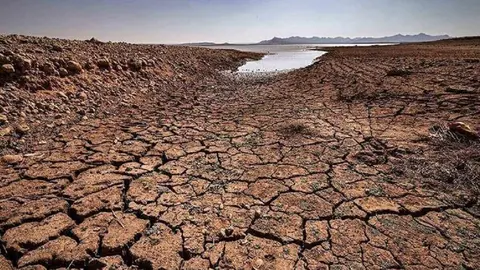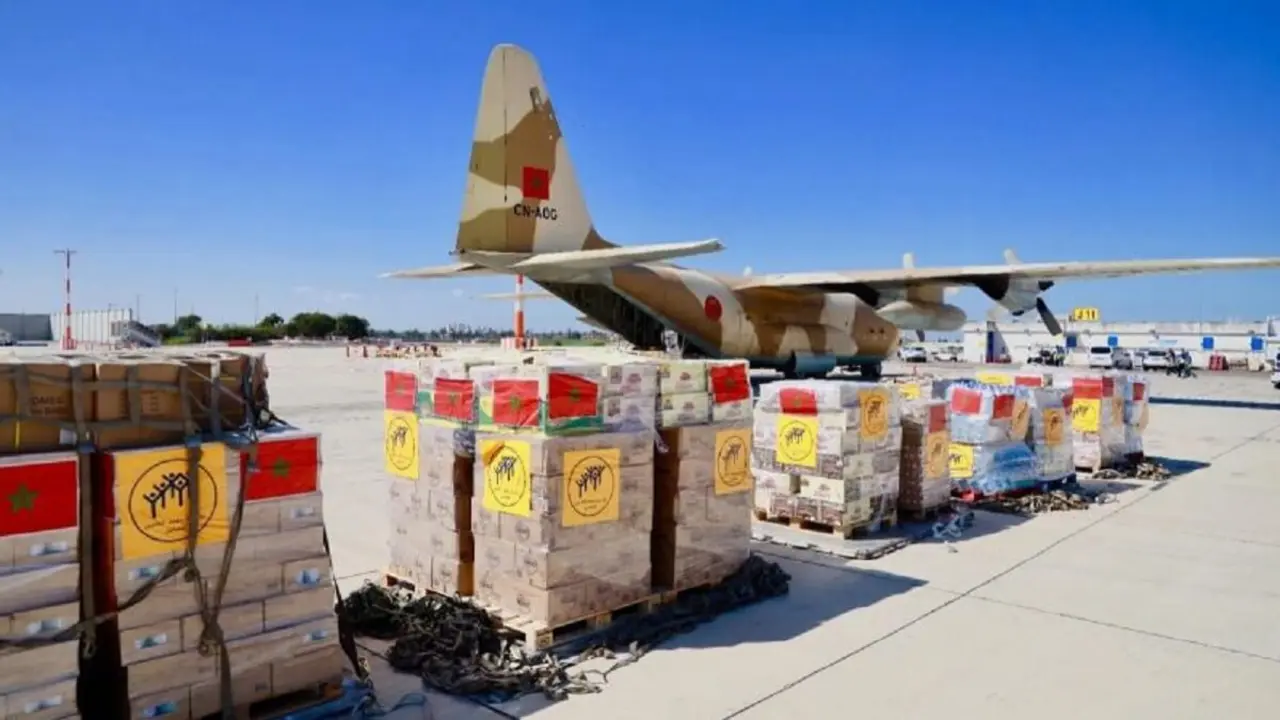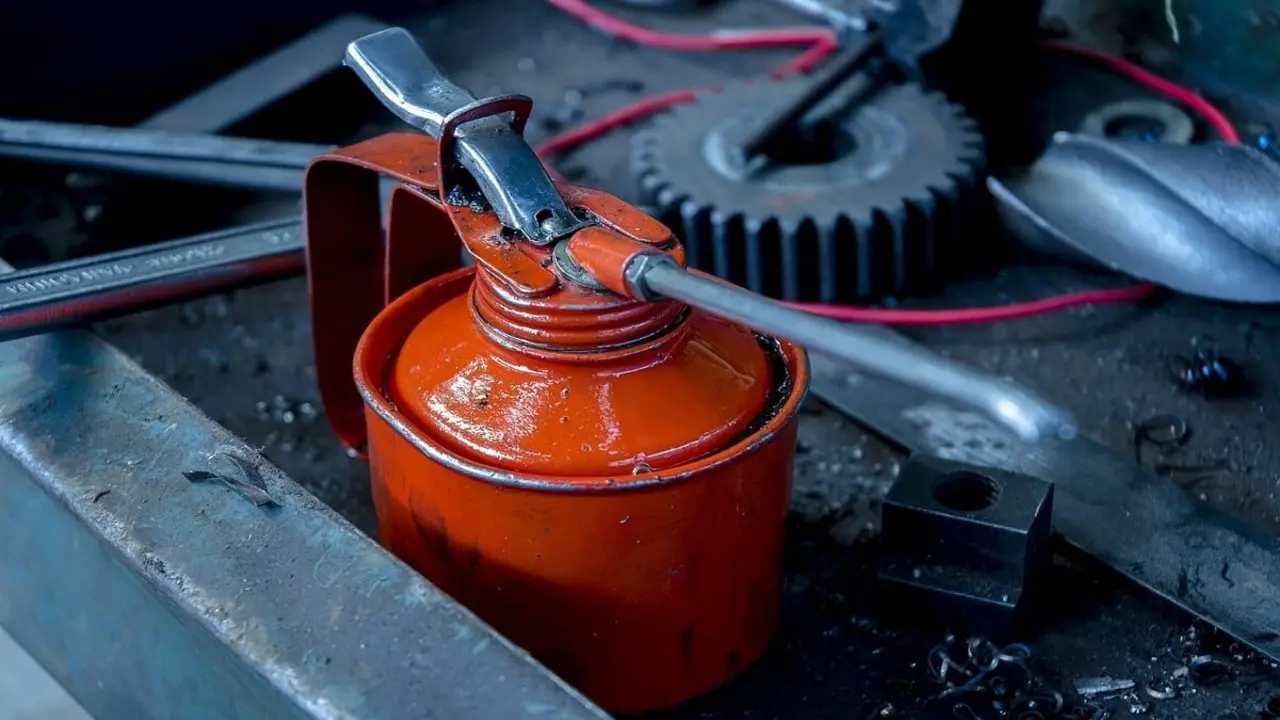Water stress : Morocco's latest water desalination and damming news
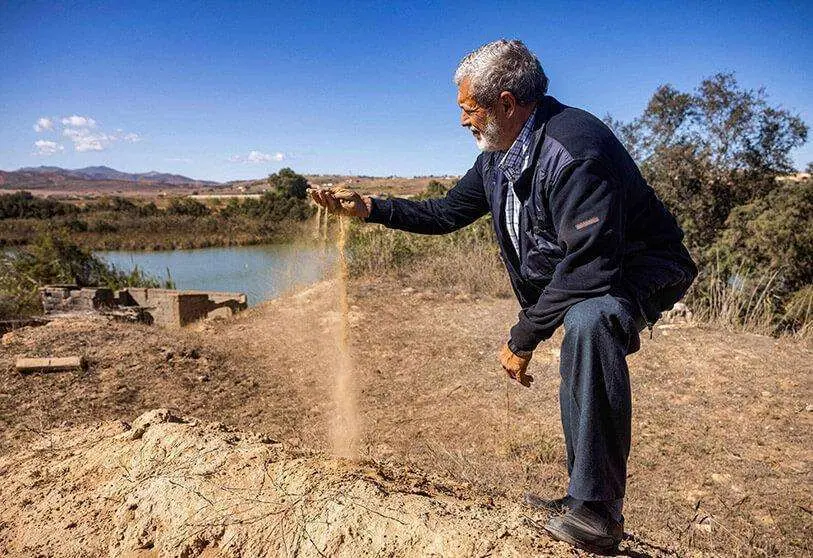
Faced with the prolonged drought experienced by Morocco in recent years, the Ministry of Equipment and Water plans to take emergency measures to adapt to this situation of water stress. The orientations focus on accelerating the construction of dams, the desalination of seawater and the reuse of wastewater.
The Minister of Equipment and Water, Nizar Baraka, highlighted the proactive emergency measures taken to address the current situation of water resources, which are in great deficit, calling for the consolidation of the efforts of all actors to rationalise the use of water.
Within the framework of the new roadmap established by King Mohammed VI, the government's main orientations are largely focused on accelerating the construction of dams, the desalination of seawater and the reuse of wastewater to address the difficult water situation in Morocco.
In this regard, the Minister of Equipment and Water said it is important to focus on demand, stop wastage, work for water efficiency and improve water efficiency as essential measures for a good management of the water situation in the country.
This is done through drip irrigation and other essential agricultural measures, as well as the conservation of the water table to ensure the sustainability of agricultural activity, in addition to connecting water basins.
Speaking at the Chamber of Councillors on Tuesday, Baraka stressed that "the structural water stress affecting Morocco is largely due to climate change," noting that "over the past two years, the level of temperature rise has exceeded two degrees, which is "a rate higher than the global average.
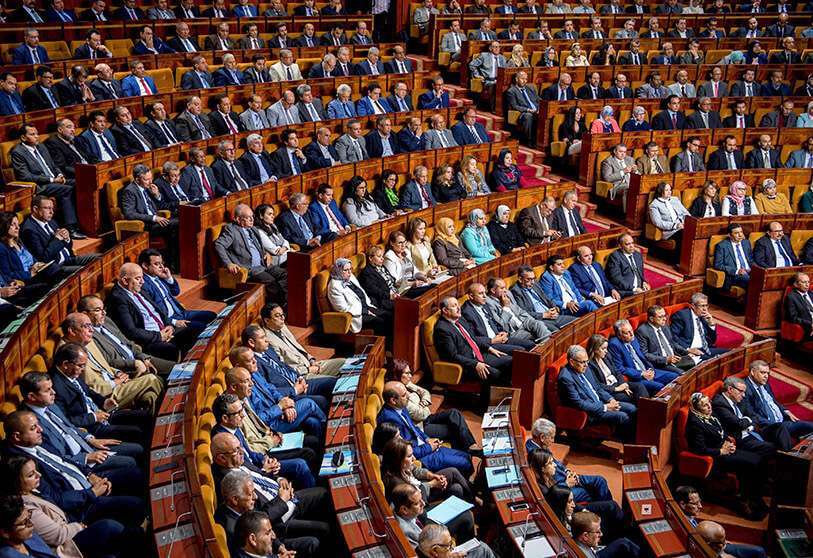
This rise has resulted in an average evaporation of water from dams of 1,500,000 cubic metres per day; in addition to the decrease in the average annual water resources to 7,000,200,000 cubic metres in the last ten years, and to 5,000,200,000 cubic metres between 2017 and 2023.
The minister also specified that since September, an average of 1.5 billion cubic metres of water resources has been recorded, while currently only an average of 500 million cubic metres is recorded, which constitutes a decrease of 67% that affected all the river basins in Morocco.
To address these problems, the Moroccan government has taken the necessary measures that can stop water wastage and ensure rational use of water and reduce water pressure on the networks, and, if necessary, interrupt the water supply in certain areas for a few hours.
The minister reviewed the water situation concerning some basins, including the Bouregreg basin, stressing that the occupancy rate of this basin is currently 19% and that the situation would have been worse if the actual project of interconnection between the Sebou and Bouregreg basins had not been implemented.

Thanks to this urgent project, 115 million cubic metres were injected, which made it possible to reach the current rate of 19% and thus ensure the supply of drinking water to the population of the city of Rabat and the northern region of Casablanca.
As for the situation in the Oum Er-Rbia basin, the minister pointed out that the filling rate of the dams in this basin reached 4.6%.
The filling of the Al Massira dam, which supplies the southern region of Casablanca, Berrechid, El Jadida, and the neighbouring southern provinces including Tamensourt and Safi, does not exceed 32 million cubic metres, i.e. a filling rate of 1.2%.
To deal with this hydraulic situation in this basin, the OCP Group has desalinated seawater, with the result that 60% of Safi's drinking water comes from seawater desalination, with the prospect of reaching 100% during the month of January.
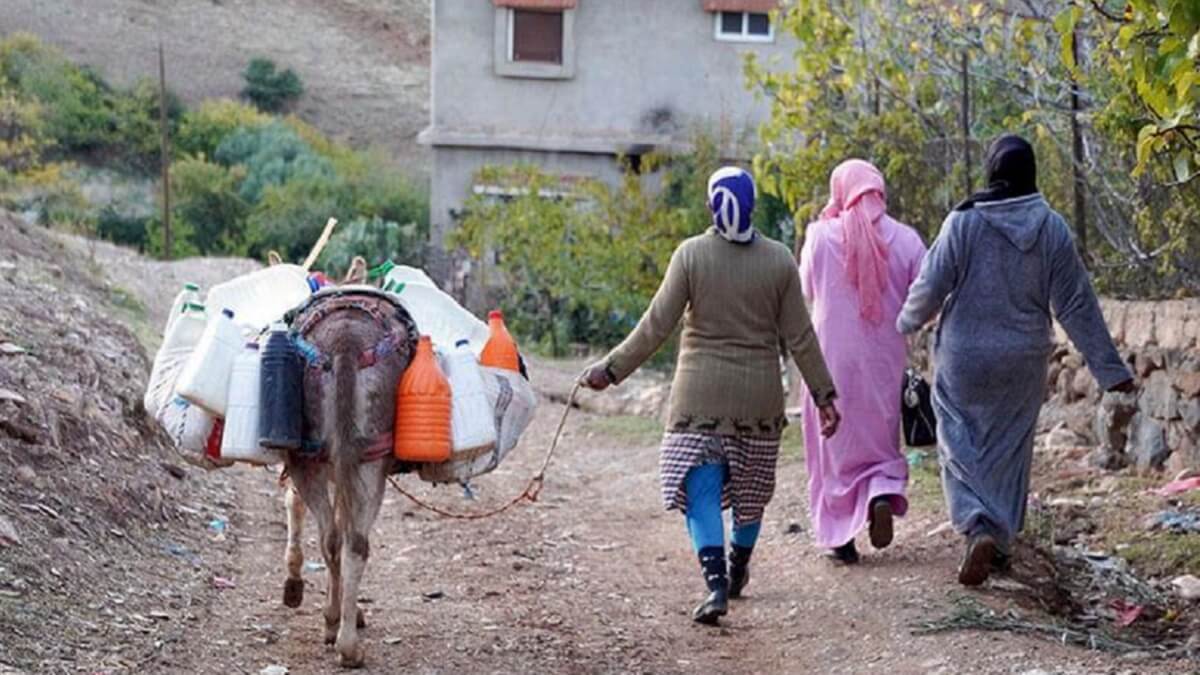
In this context, the city of El Jadida will also be 100% supplied by seawater desalination by February.
Morocco is stressing the need to tackle water stress problems by launching seawater desalination plants. In Casablanca, the station will provide 200 million cubic metres in 2027, to which 100 million cubic metres will be added the following year.
In the same vein, the Jorf Lasfar region will have its seawater desalination station, which is currently under development. Mobile water desalination stations will be added to overcome the crisis, which requires a solidarity effort and collective action.
In the Sus-Massa region, the commissioning of the Chtouka Ait Baha desalination plant has helped to reduce pressure on the region's water resources.

On the other hand, the Aoulouz dam has been considerably reduced and is now only supplying drinking water, while the irrigation water supply has been cut off for the past three weeks due to the drop in water levels.
It is worth mentioning that heavy local snowfalls (10-30 cm) are expected these days in the provinces of Ifrane, Boulemane, Guercif, Taza and Sefrou, according to the General Directorate of Meteorology in an orange alert bulletin. This represents, in addition to the expected rainfall, a hope that may help to cushion the water stress that Morocco is experiencing.


